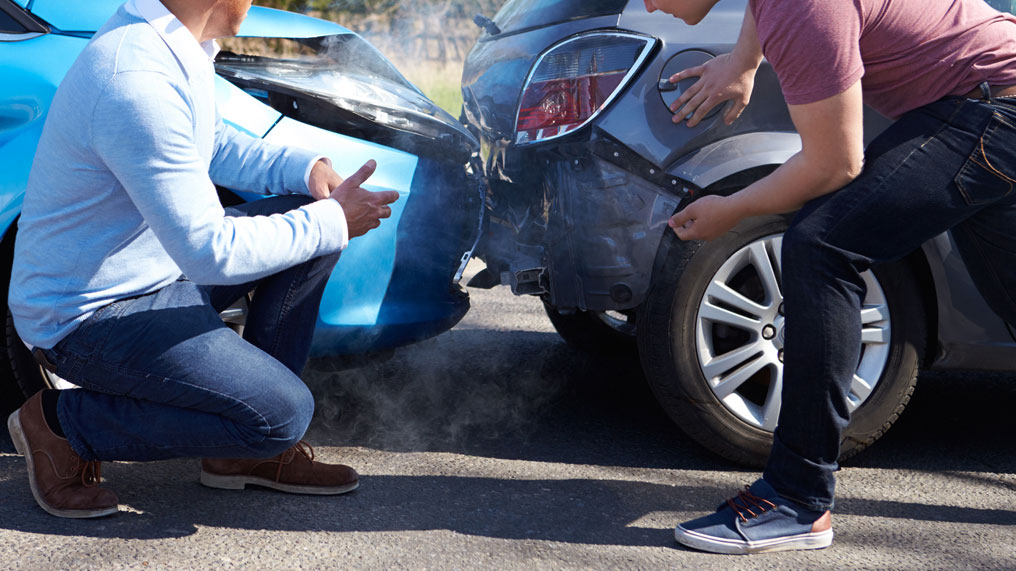1. Stay alert
Even the best driver can make mistakes if tired. Try and get a good night's sleep, especially before long journeys, and stop for at least 15 minutes every two hours and take your time. You can always call ahead if you're running late.
2. Learn to communicate
Clear communication with other drivers is essential to both your safety and theirs. Make friendly eye contact, avoid driving in blind spots and in conditions of poor visibility remember to use the correct lights.
3. Revisit your highway code
Avoiding problems is so much easier if you know what they are in the first place!
Quick reactions won't stop you having an accident – spotting and responding to problems ahead in plenty of time will.
4. Plan ahead
A little planning can really reduce stress. Work out the best route to travel and always try to take familiar roads. Calling the TrafficWatch service from Direct Line can also help you avoid the jams – call 190 600 max call cost 49p/min.
5. Keep your car in check
Breaking down is stressful and 50% of breakdowns are the result of poor motor maintenance. Give your car a weekly once-over and check in for regular servicing and MOTs. See Direct Line Breakdown Cover for more details of how we can give you peace of mind from £35.
6. Put yourself in their shoes
Don't show frustration by making gestures to other drivers who make mistakes – it could be you on the receiving end! Try to stay calm and avoid provoking or fuelling road rage, which could cause unintended damage.
7. Exercise some etiquette
When traffic is merging, let one car in, then go yourself. Not only is this polite, it will make you more confident in your decisions and reactions. Remember you should be driving like you own the car, not the road!
8. Use driving to de-stress
Using your car journey to make the most of precious quiet time alone can actually leave you feeling more serene when you get to the other end.
9. Keep it fresh
Try to circulate as much fresh air as possible through your car and take deep breaths. Shallow breathing restricts the flow of oxygen and can heighten feelings of panic and stress, as can a stuffy or uncomfortable atmosphere.
10. Follow the beat
Choose music that has similar bpm (beats per minute) to your heart rate – about 60bpm is best. Medical research shows this is the optimum beat to help you relax, de-stress and chill out. In other words, lose the banging techno.




